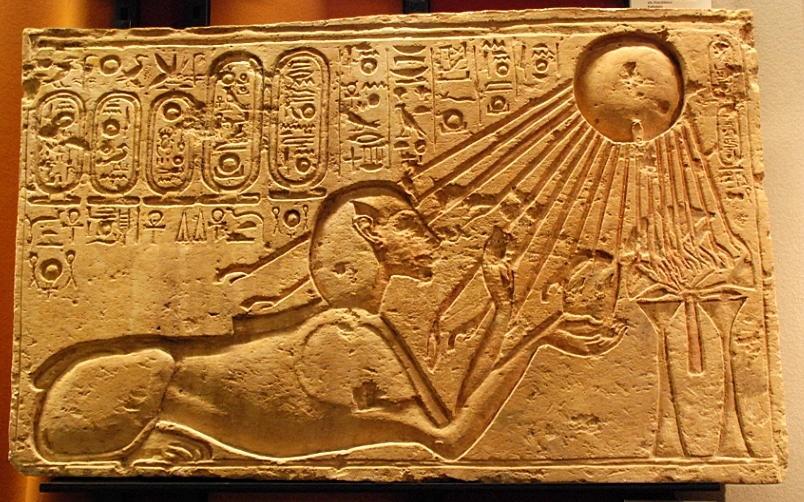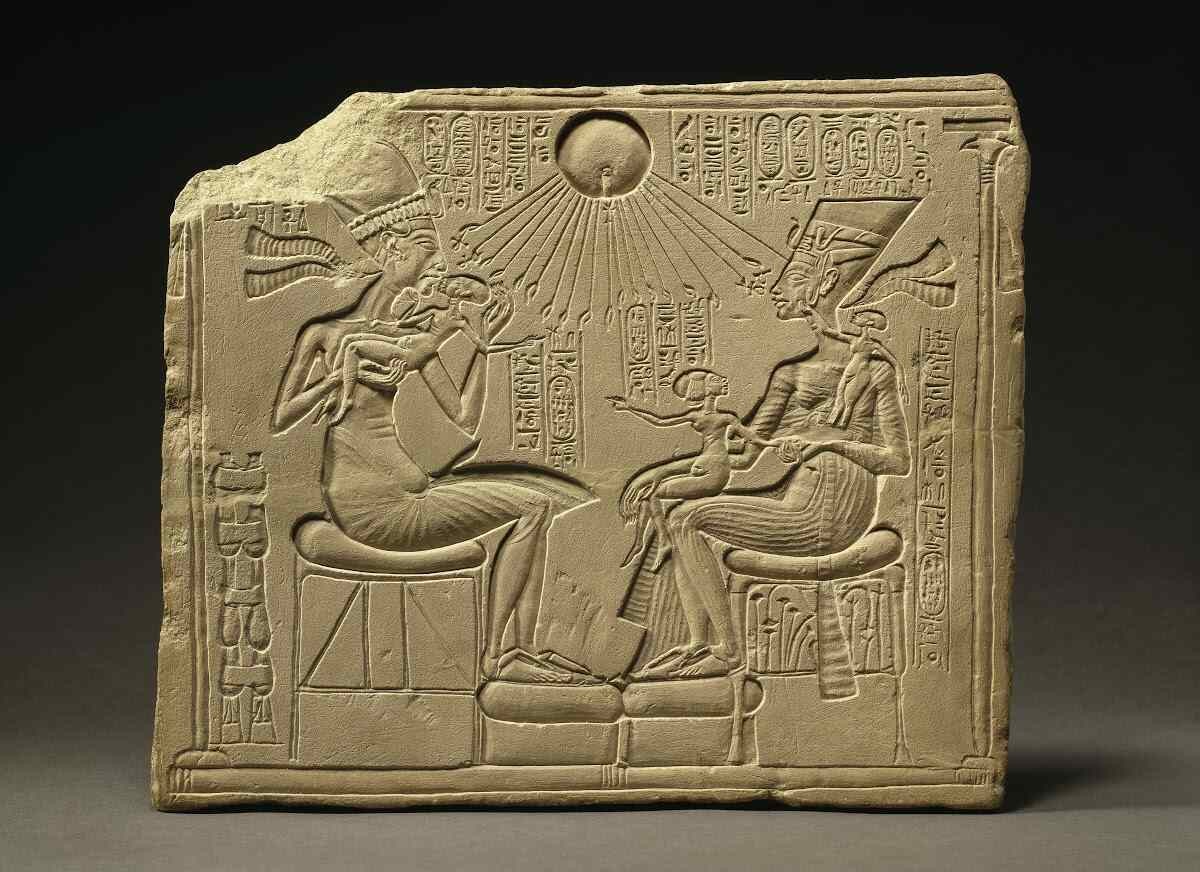The death of Akhenaten
King Akhenaten's death
King Akhenaten was the third pharaoh of this dynasty and he is perhaps best known for his revolutionary reign. Akhenaten's reign was marked by radical changes, both in religion and politics.
He rejected the traditional Egyptian polytheism in favor of a monotheistic religion centered on the sun god Aten. He also moved the capital of Egypt from Thebes to a new city called Akhetaten (modern-day Amarna). These changes caused much upheaval in Egypt and Akhenaten's reign was short-lived. If you're interested in learning more about this fascinating period of history, consider booking one of our Egypt travel packages.
After his death, Egypt reverted back to its old ways and Akhenaten's name was stricken from history. However, he left a lasting legacy and his reign is still studied by historians today. Atenism was a religious belief and practice originating in the Eighteenth Dynasty of ancient Egypt, centered around the god Aten, one of the earliest monotheistic religions. It first appears in the reign of Amenhotep III, when Aten became the supreme god in the pantheon and reached its apogee in the reign of Akhenaten when Aten was made the sole god worshipped by the state. Our Egypt classic tour includes visits to many important historical sites, including Amarna, Memphis, and Thebes

If you want to learn more about this history for yourself, there’s no better way than to see it firsthand. There are many different Egypt tours available that will take you to all of the major historical sites.
The Amarna period saw a marked increase in artistic representations of Aten, including his image in royal regalia and on public monuments. Akhenaten also instituted a new form of worship, which included offerings and prayers to the sun disk.
The pharaoh and his queen promoted Atenism through construction projects such as temples and shrines dedicated to Aten and propagated its teachings through sermons delivered at these religious sites.
As part of their religious reforms, Akhenaten and his queen instituted a new form of art that eschewed traditional Egyptian conventions in favor of more naturalistic depictions of everyday life. This distinctive style is known as Amarna art. While Atenism did not long outlast Akhenaten's reign, it had a significant impact on Egyptian religion and culture.
It also inspired later monotheistic faiths such as Judaism, Christianity, and Islam. Artistic depictions of King Akhenaten have been found in a number of ancient Egyptian artworks.
If you're planning a trip to Egypt, be sure to check out some of the travel packages that include visits to sites associated with Queen Nefertiti. By learning more about this amazing queen, you'll get a better understanding of Ancient Egyptian history and culture don't miss Egypt Culture tours.
Perhaps the most famous is the bust of the king that was found in the tomb of his wife, Queen Nefertiti. Today, tourists can visit many of the sites associated with Queen Nefertiti, including her tomb in the Valley of the Kings. There are also several Egypt travel packages that include visits to key sites related to her life and death. For those interested in learning more about this enigmatic queen, an Egypt classic tour is a great option.

This bust shows Akhenaten with a long, slender neck and an elongated head, which is believed to be how he actually looked. Other artistic depictions of Akhenaten include a statue of him with his daughters, which is now on display in the Cairo Museum discover more with Cairo day tours, and a relief carving from his tomb that shows him with his family.
These artworks provide a glimpse into the life and appearance of this fascinating ancient Egyptian ruler. Speculative theories There are a number of speculative theories about King Akhenaten and his reign.
Some believe that he was suffering from a mental illness, which led to his religious and political radicalism. Others believe that he was purposely trying to disrupt the power structure of Egypt by upending traditional beliefs and practices. still, others believe that Akhenaten was simply ahead of his time and that his religious and political beliefs were actually quite progressive for their era